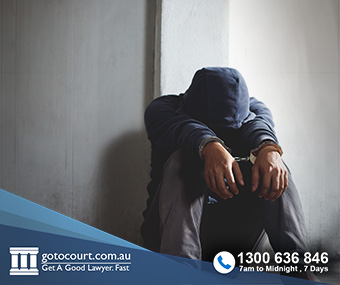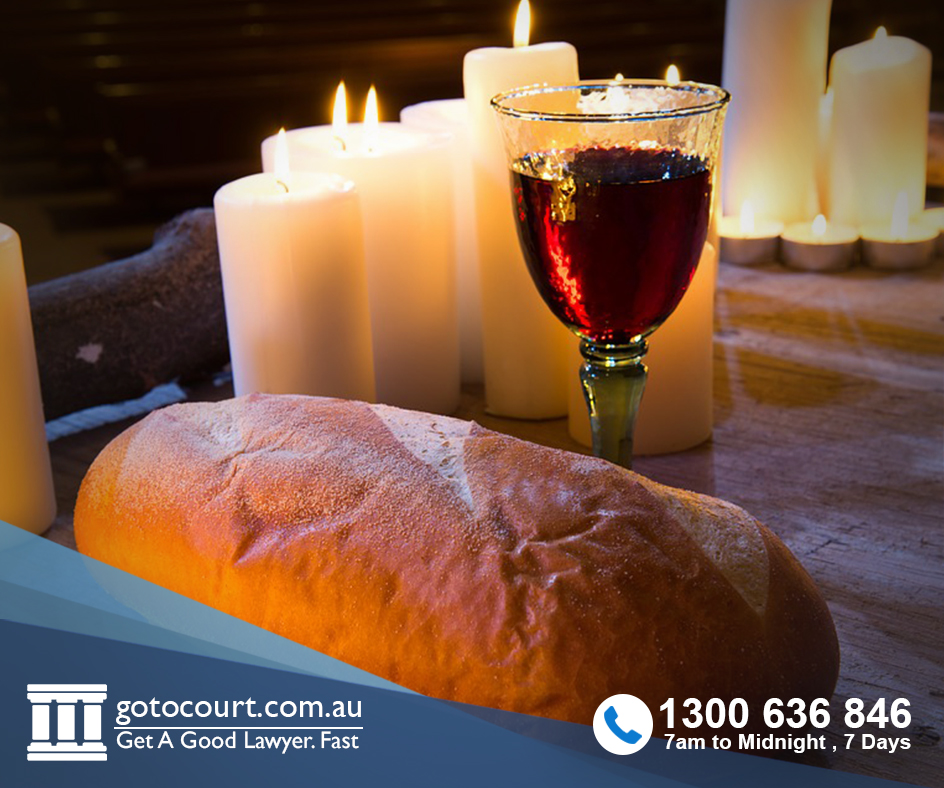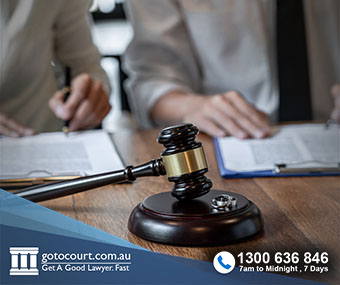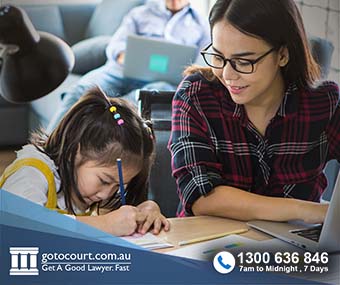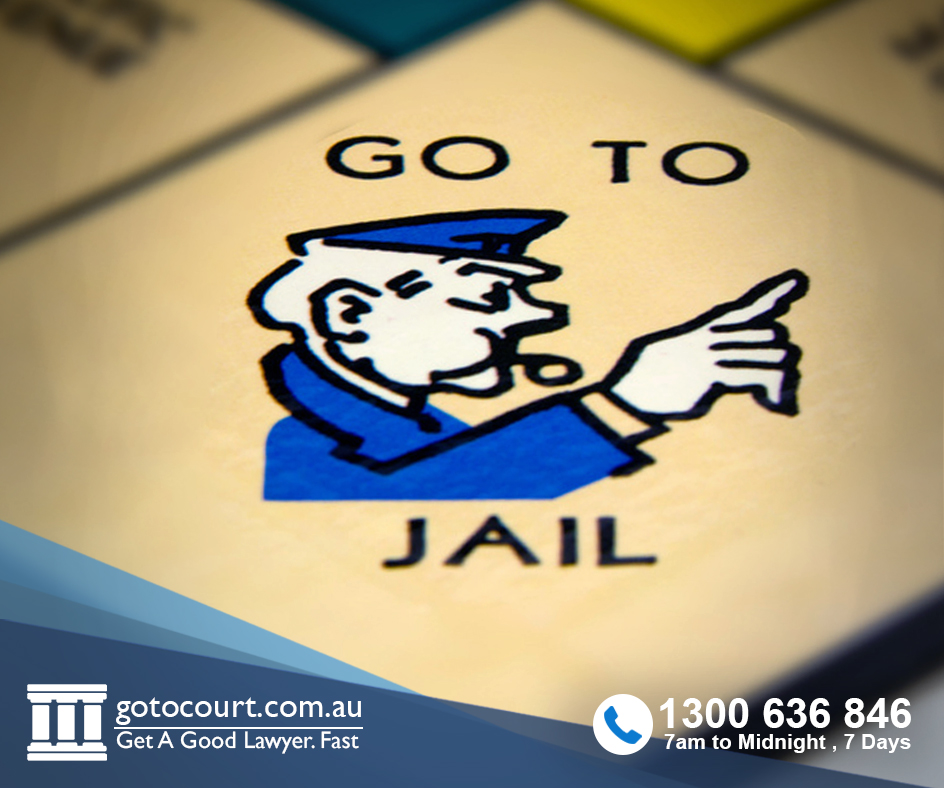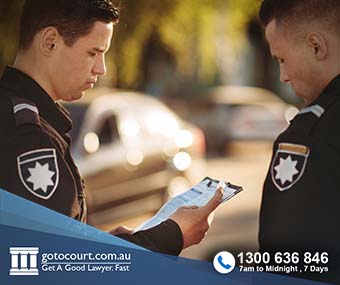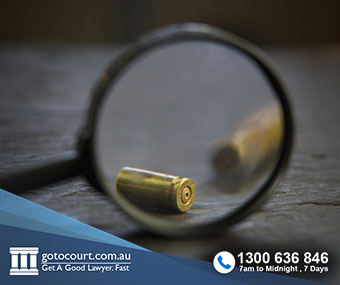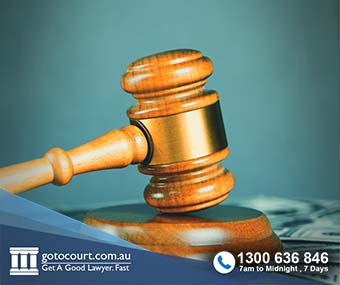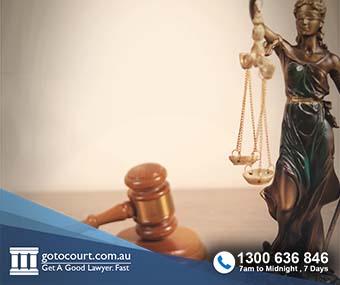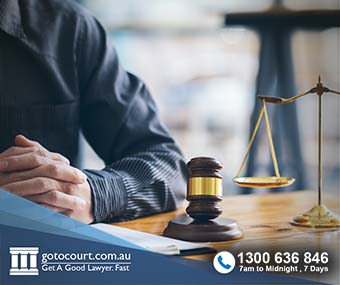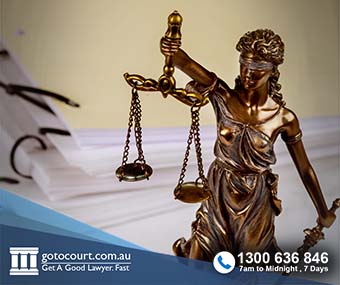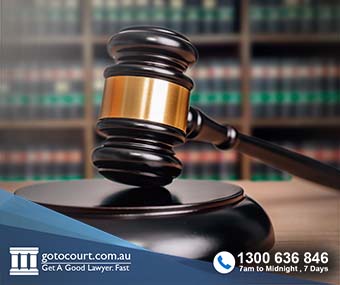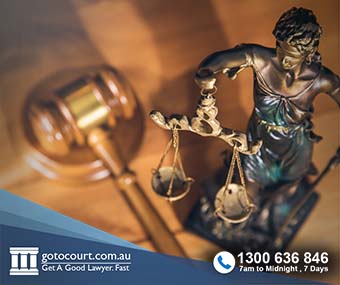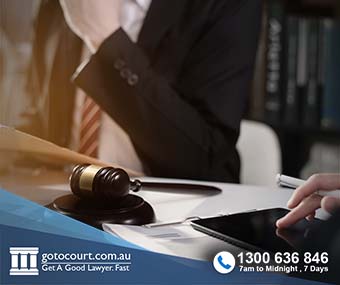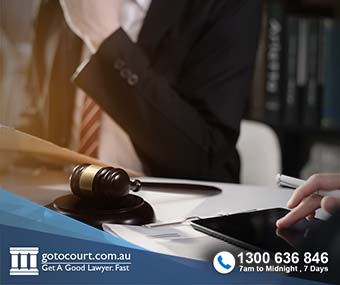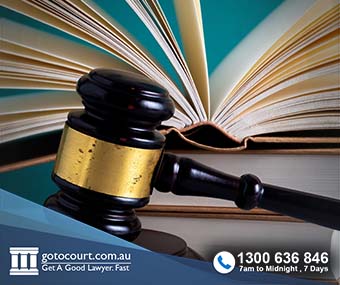The Children’s Court (NSW)
The Children’s Court (NSW)
The Children’s Court deals with matters concerning children and young people. The role of the Children’s Court is to ensure that the best interests of children and young people are paramount to any proceedings. The Children’s Court of New South Wales is located at Broadmeadow, Campbelltown, Port Kembla, Parramatta, Surry Hills, Woy Woy and Wyong.
Children’s Court jurisdictions
The Children’s Court has jurisdiction to hear and determine matters of the following type:
- Criminal Offence
- Applications for apprehended violence orders
- Applications for compulsory schooling orders with respect to the parents of a child, and in some cases the child, who has not been attending compulsory schooling.
- Matters regarding the care and protection of children involving the Department of Communities and Justice.
- Breaches of parole and the eligibility to be released on parole.
Not all matters concerning children and young persons will be heard at the Children’s Court. Traffic offences committed by a juvenile who is old enough to apply for a licence will be heard at the Local Court. Matters involving separation and divorce where parents are arguing over the custody and responsibility of children are heard in the Federal Circuit Court of Australia and the Family Court of Australia. The Supreme Court of NSW deals with adoption matters.
All matters heard in the Children’s Court are considered sensitive and each matter is heard in a closed court. When a court is closed, only the parties directly involved in the proceedings may be present in the courtroom, this would include the Magistrate, the Prosecutor or Department of Communities and Justice, lawyers, the young person and their support person/s. It may also include Juvenile Justice or Caseworkers if necessary.
Criminal proceedings
The age of criminal responsibility in New South Wales is 10 years. This means that any child aged 10 or over can be charged with a criminal offence and ordered to attend the Children’s Court to answer to the charges.
Guiding principles
Section 6 of the Children (Criminal Proceedings) Act 1987 outlines the principles that govern the sentencing of young offenders with a criminal offence. They must always refer to these principles when considering the penalties to be imposed for their criminal behaviour.
Penalties
There is a range of sentencing options available to a Magistrate in the Children’s Court. These are:
- Dismissal with or without a caution
- Good Behaviour Bond
- Fine
- Youth Justice Conference
- ‘Griffiths remand’ or deferral of sentencing
- Probation
- Community Service Order
- Control Order (otherwise known as Full-Time Custody)
- Suspended sentence
- Detention
The Children’s Court places a strong emphasis on diversion and rehabilitation whereas the adult courts place a heavier emphasis on deterrence and punishment. The court recognises that children make mistakes and can sometimes not completely comprehend the seriousness of their actions, in the way that adults are expected to.
A defendant can appeal a decision made by the Children’s Court. When this occurs, the appeal is heard by the District Court of NSW.
Care and Protection Proceedings
The Children’s Court may make orders to ensure the safety, welfare and well-being of a child or young person. The Department of Communities and Justice can make an application to the Children’s Court if they believe there are reasonable grounds for believing that a child or young person is in need of care and protection.
The court can order the removal of a child from the care of a parent or guardian if there are reasonable grounds to believe that:
- the child or young person is at serious risk of harm
- that the risk is immediate; and
- less intrusive actions are insufficient to reduce the risk of harm.
The minister will generally assume care and responsibility of the child or young person and make orders as to their short-term living arrangements whether in foster care or with alternate family members. The Department will also put together a care plan as to how the children can be restored to the parents. Alternately, it can make an application for an order that the children not be restored to the parents based on their circumstances.
The Children’s Court can make orders in regard to:
- Parental Responsibility
- Contact
- Prohibiting an act by a person
- Supervision
- Undertakings
- Treatment or Therapeutic Programs
- Support Services
Assessment Orders
An Assessment Order will generally take place throughout Care and Protection Proceedings to assess a child or young person’s physical, psychological, psychiatric and other medical needs as well as a person’s capacity to exercise parental responsibility. Parties may also be recommended to participate in courses, counselling or alcohol and drug testing to persuade the court they are capable and in a position to resume caring for the child or young person without posing any future risks of harm.
Both criminal matters and care and protection matters are quite sensitive and can be extremely daunting for both the parents and the young person.
If you require legal advice or representation in a Children’s Court matter or in any other legal matter, please contact Go To Court Lawyers.

Affordable Lawyers
Our Go To Court Lawyers will assist you in all areas of law. We specialise in providing legal advice urgently – at the time when you need it most. If you need a lawyer right now, today, we can help you – no matter where you are in Australia.How It Works




1. You speak directly to a lawyer
When you call the Go To Court Legal Hotline, you will be connected directly to a lawyer, every time.

2. Get your legal situation assessed
We determine the best way forward in your legal matter, free of charge. If you want to go ahead and book a face-to-face appointment, we will connect you with a specialist in your local area.

3. We arrange everything as needed
If you want to go ahead and book a fact-to-face appointment, we will connect you with a specialist in your local area no matter where you are and even at very short notice.

